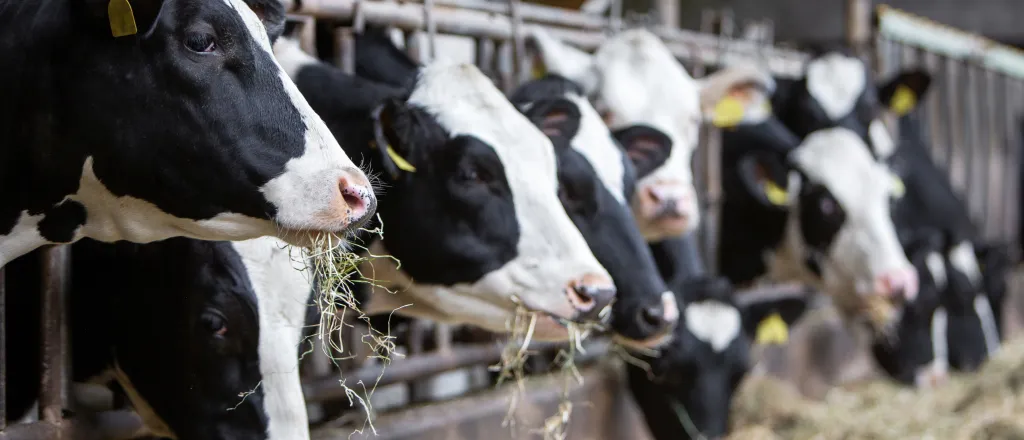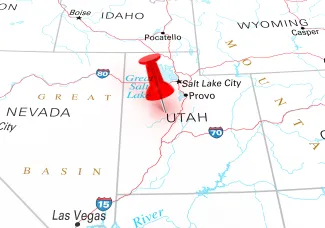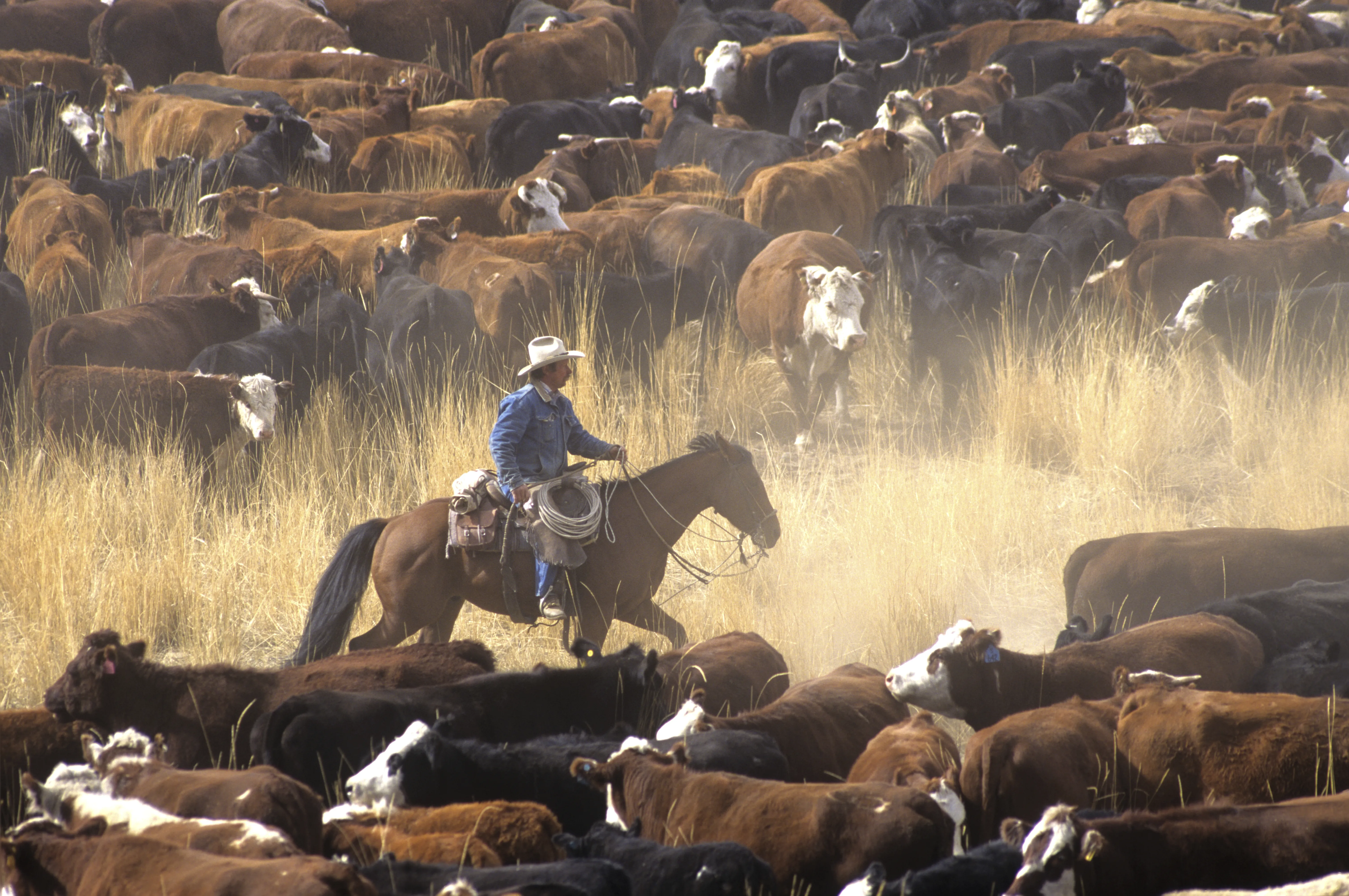
As USDA announces field trials for bird flu, Utah veterinarian expects long process
© ahavelaar - iStock-1501815024
Click play to listen to this article.
(Utah News Connection) The U.S. Department of Agriculture has approved field trials for bird flu vaccines among cattle, but one Utah State veterinarian says to his knowledge those trials haven't begun yet.
Dr. Daniel Christensen, state veterinarian for the Utah Department of Agriculture and Food, said the USDA is likely still a long way from having the vaccine developed that would help mitigate the spread of bird flu in livestock.
The initial field study would only involve dairy cows to evaluate the safety of the vaccine. Christensen said H5N1 among cattle isn't a death sentence as it is among birds.

"So, they seem to recover pretty well and return to a decent level of production," said Christensen, "within two to three weeks, something in that range."
But Christensen added that the bird flu can lead to a drop in milk production for a two- to three-week time period while cattle recover.
The current risk level of bird flu in the general public in Utah is low - as there are no human and cattle infections being reported, according to the state's Department of Health and Human Services.
Christensen said as we enter the fall and migratory season, the risk of animals contracting the flu does increase. He said last fall, Utah lost about 140,000 birds.
Christensen said bird flu can pose serious and even lethal health complications for backyard and commercial poultry producers.
The Utah Department of Agriculture and Food encourages folks to practice strong biosecurity measures - such as keeping poultry away from waterfowl, and to be on the lookout for symptoms of bird flu like sudden death, nasal discharge, and decreased appetite or water intake.
"Generally speaking, what we get reported most often is, from our producers, is unexpected mortality," said Christensen, "and can we come down and test to figure out if it is highly pathogenic avian influenza or if it is something else."
Christensen said Utah currently finds itself in a good spot with zero dairy and poultry operations reporting outbreaks, but said that could change as we transition seasons.

















